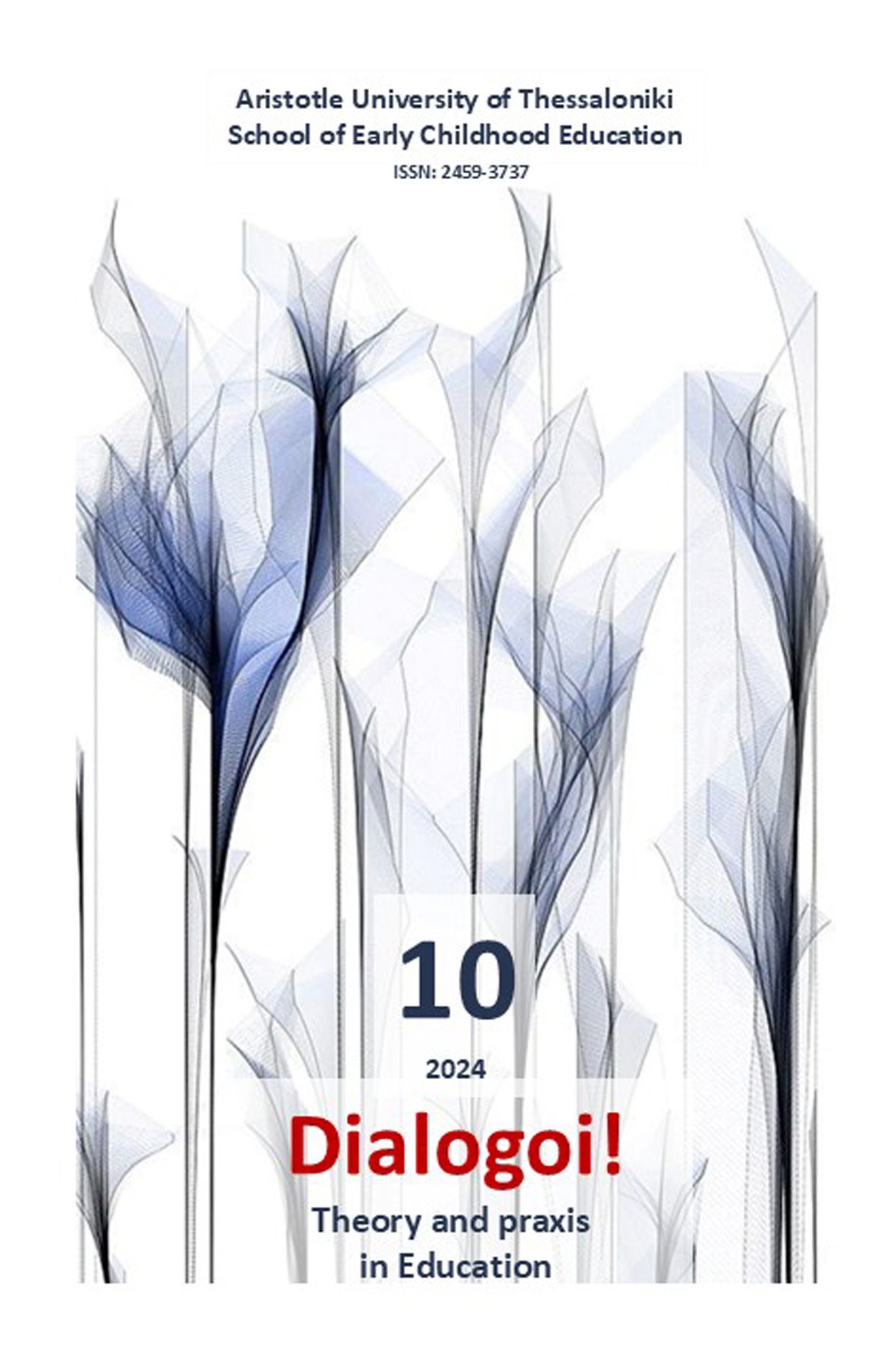Childhood and intensive motherhood at the cinema of precarity: 'The Florida Project' movie

Abstract
This article reads Sean Baker’s The Florida Project (2017) through Berlant’s conceptualization of cruel optimism to critically engage with the construction of childhood and parenting. We content that this film reflects on the cinema of precarity and helps articulate a position from which to problematize the representations of childhood as a normative process and to discuss the impact of neoliberalism on family structures and functioning. Using textual film analysis and cultural critique, Baker’s film offers a potent vision of the ways children use to negotiate dead ends of their family lives in a state of supervision and control, through emotional temporalities and phantasy. The film challenges victimization and pathologization narratives and potentially transforms neoliberal configurations of the self and the society. Potentially, relevant children’s film genres provide a critical vocabulary for Pedagogy to question simplistic viewpoints of transitions from innocence to experience, from childhood to adulthood. Ultimately, The Florida Project signals a complex turning point in childhood and parenting films, advocating children’s agencies and highlighting dead ends of state interventions working with marginalized families.
Article Details
- How to Cite
-
Bibou, I., Papadopoulos, D., & Kougioumoutzaki, F. (2024). Childhood and intensive motherhood at the cinema of precarity: ’The Florida Project’ movie. Dialogoi! Theory and Praxis in Education, 10, 78–98. https://doi.org/10.12681/dial.38797
- Issue
- Vol. 10 (2024)
- Section
- Scientific columns

This work is licensed under a Creative Commons Attribution-NonCommercial-ShareAlike 4.0 International License.
Authors who publish with this journal agree to the following terms:
- Authors retain copyright and grant the journal right of first publication with the work simultaneously licensed under a Creative Commons Attribution Non-Commercial License that allows others to share the work with an acknowledgement of the work's authorship and initial publication in this journal.
- Authors are able to enter into separate, additional contractual arrangements for the non-exclusive distribution of the journal's published version of the work (e.g. post it to an institutional repository or publish it in a book), with an acknowledgement of its initial publication in this journal.
- Authors are permitted and encouraged to post their work online (preferably in institutional repositories or on their website) prior to and during the submission process, as it can lead to productive exchanges, as well as earlier and greater citation of published work (See The Effect of Open Access).


